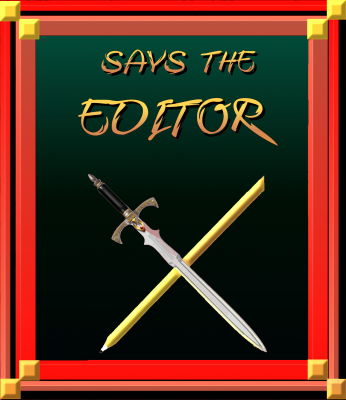October 25, 2017

I read a book a few weeks ago that I had to walk away from before I’d finished it.
I’ve done that a lot this year, come to think of it. To look over my GoodReads page, I haven’t finished about a third of what I’ve read this year. There’s been a variety of reasons, but one that I keep coming back to is how women are treated and how abuse and rape culture are perpetuated. That was the case in this book I’m talking about (which, interestingly, isn’t the last book I DNFed) — the heroine repeatedly winds up in situations where NO doesn’t mean NO to two different men. She’s also been cheated on in the past and has a history of actually discovering the boyfriends in bed with the women they are using to cheat on said heroine.
Even before #MeToo began trending on Facebook and Twitter, where almost all of us women have stood up and said, “Yes, I’ve been sexually harassed or assaulted,” this was something that has been bothering me.
Here’s where I get stuck: on the one hand, authors shouldn’t be glorifying or perpetuating rape culture.
But on the other, as authors, I’d argue that we have a responsibility to reflect society as it currently is, the good AND the bad.
And yet… by being a mirror and accurately reflecting the way men treat women, aren’t these books (and their authors) collaborating with and contributing to the normalization of abuse and rape culture? How many readers pick up a book where the hero won’t stop rubbbing up against the heroine, even when she says no, and the reader breathes a sigh of relief. It’s not just me. And by feeling less alone, the reader normalizes the behavior: It’s just how guys are. I am wrong to put up a fuss about it.
On the one hand, I want to say I don’t have an easy answer. Not every single book should have the heroine turn and knee the bastard in the balls when he won’t stop. Not every heroine can or should call the man on the bad behavior. Not every heroine needs to be empowered from the get-go. And maybe there are other, gentler ways to de-macho the men who think there is nothing wrong with this behavior. Maybe the heroine needs to learn that yes, this is the way some men are. And maybe even some heroines need to learn to accept this bad behavior. There’s a multitude of options, from what we’d right now consider politically correct and the proper response clear on down to situations that leave a reader horrified and… putting the book in the DNF pile.
But maybe there is an easy answer, after all. And that’s that every single person on the planet has a range of experiences, both sexually and not. Fiction should reflect as many of those experiences as authors can find within themselves to write about. And authors absolutely should not write a sanitized version of their truth or their world. They should write what they say — although I can’t stress enough that authors also have a responsibility to refrain from glorifying rape and abuse. (But, again, this opens up the can of worms about the segment of society who think that rape and abuse should be glorified, as they are horrified by what many of us would call a healthy relationship based on respect. And we can turn in circles like this until the serpent swallows so much of its tail that there’s nothing left but its head.)
It’s up to us, as readers, to filter through it all. To read widely (heh. I’d originally typed wisely) and to make recommendations based on what we like — and to point out the wider themes in books where we see them. For me, right now, abuse pings my radar and I can’t read books that glorify abusive situations — such as the hero rubbing up against the heroine even after she tells him to stop. Or the book I read earlier in the year, in which the hero paid off the heroine’s mortgage and did other things she was fully capable of doing, always with the caveat that he was doing it to prove how much he loved her. He thought he was being nice. I thought he was being a controlling, abusive dick because if he truly loved her, he’d have been aware enough to realize how important it was for her to do those things herself.
We all have our catnip and we all have our triggers.
I think we, as readers, need to broadcast them both.
And that we, as writers, need to write to the authenticity of our experiences as much as possible.
Leave a Reply